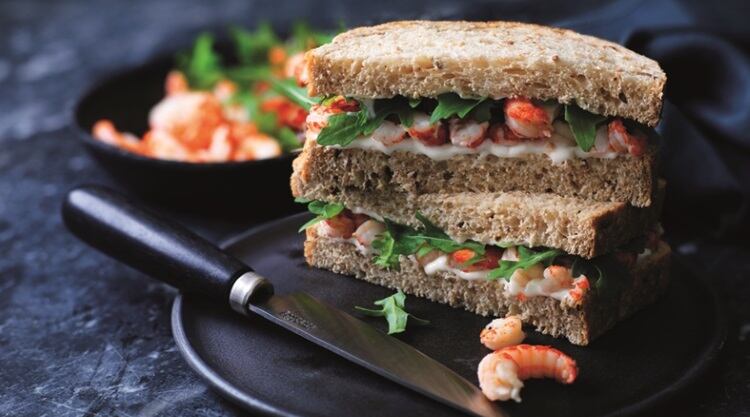According to an Office for National Statistics (ONS) study of 17,000 items between September 2015 and June 2017, 206 products overall were found to have shrunk in size while remaining at the same price.
Bread and cereals was the food category with the most pack size reduction (36), followed by meat (25) and sugar, jams, chocolate and confectionery (25). Bread and cereals also saw the most pack size increases (18), with meat (13) experiencing the second-highest number of pack size increases.
Operational and material cost rises have been attributed to most occurrences of shrinkflation.
Mike Hardie, head of inflation at the ONS, said: “Over the last few years, consumers may have noticed that some companies have reduced the size of their products while the price remained the same, which is often attributed to operational and material cost rises.
“Our updated analysis of this subject indicates which type of products have decreased in size.
“The majority of size changes occurred in the food and drink sector. Every day staples such as bread and cereal are most likely to have seen reductions in size, while consumers may also find some chocolate products to be smaller now than they once were.”
No Brexit impact
While the UK economy and food manufacturing sector were affected by Brexit, ONS pointed out that shrinkflation occurrences didn’t increase during this time. It said: “There was no apparent trend in the frequency of size reductions or size increases over time for the period studied. Consistent with our previous analysis, the trend remains stationary in the period following the EU referendum.”




